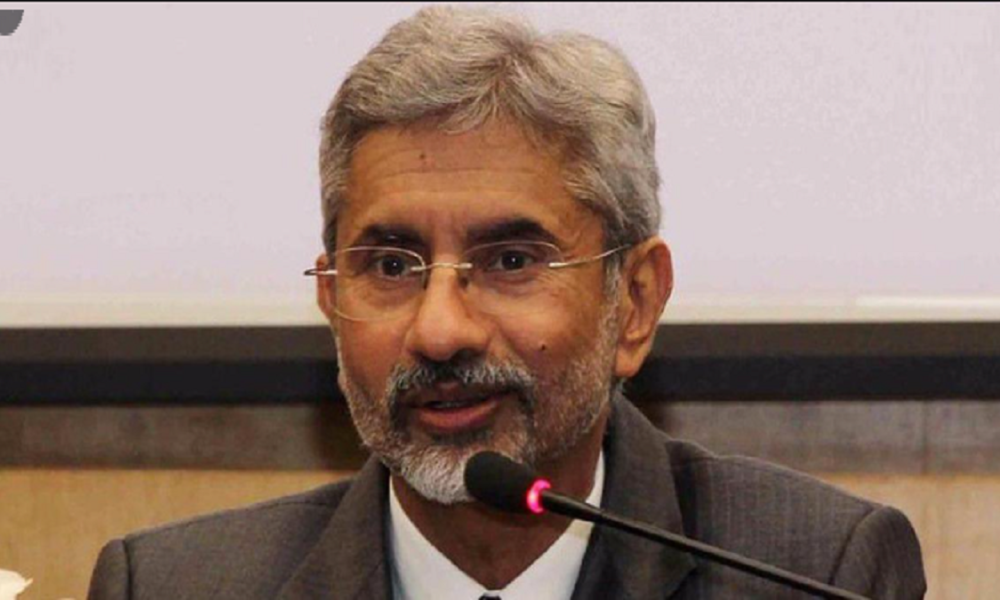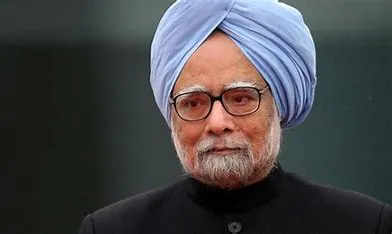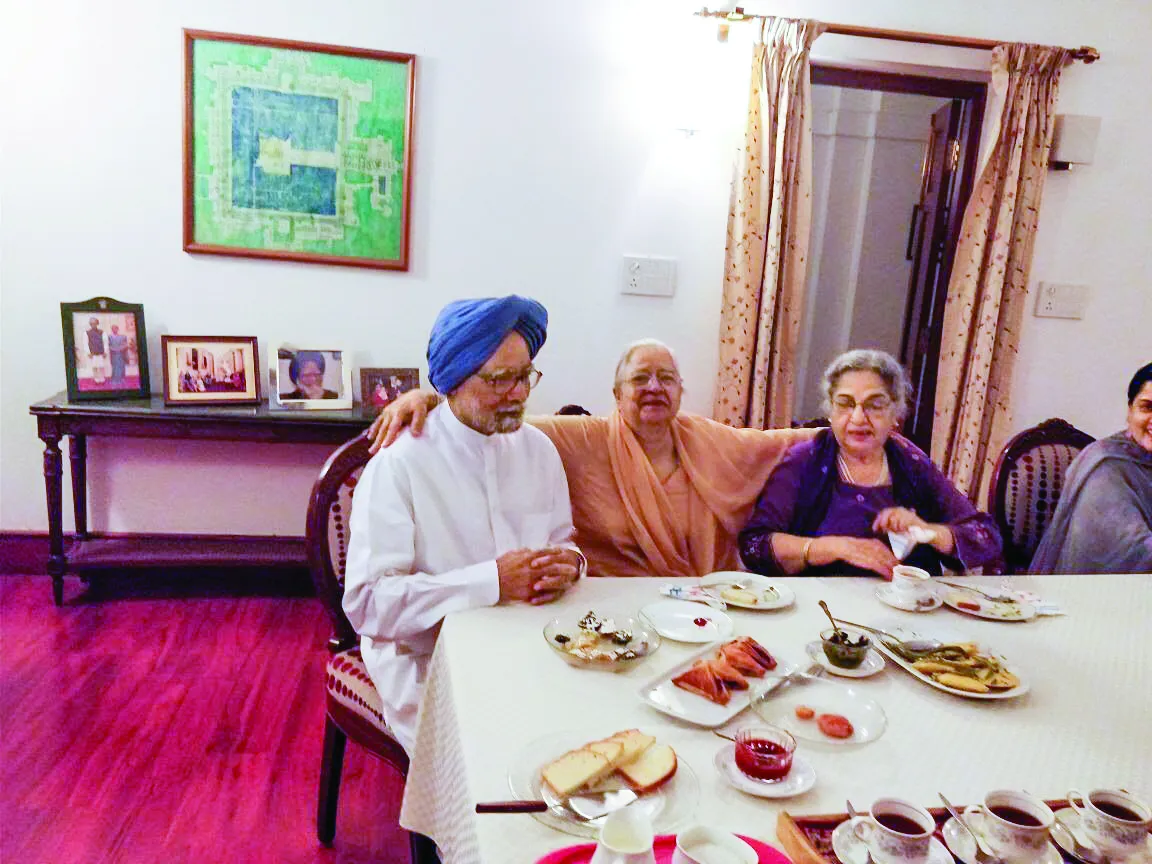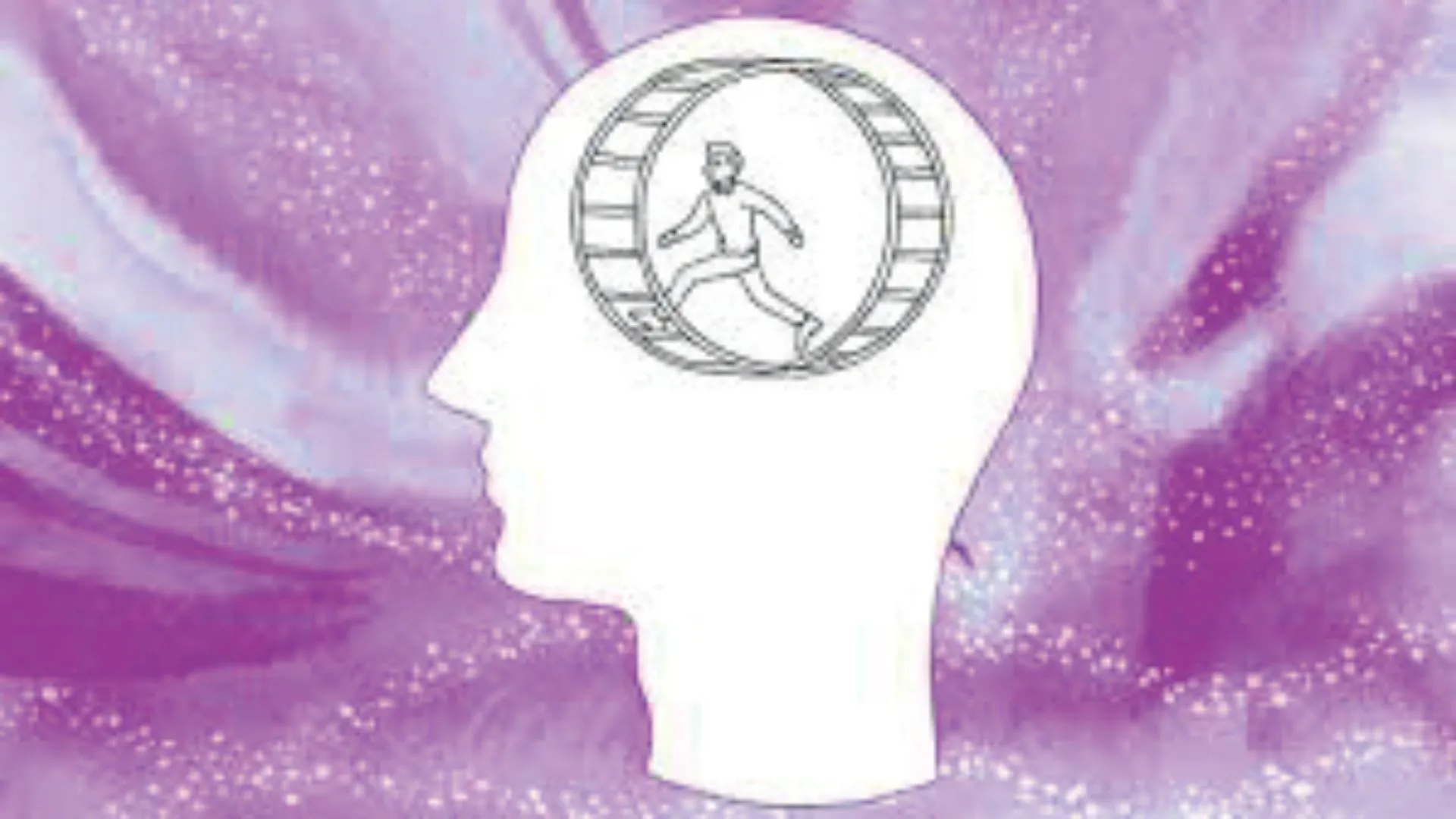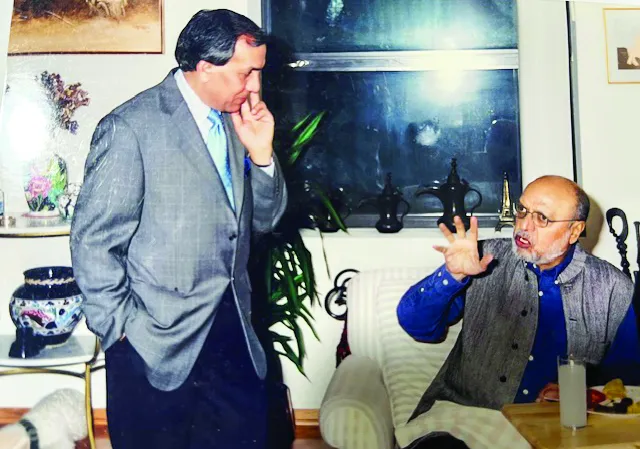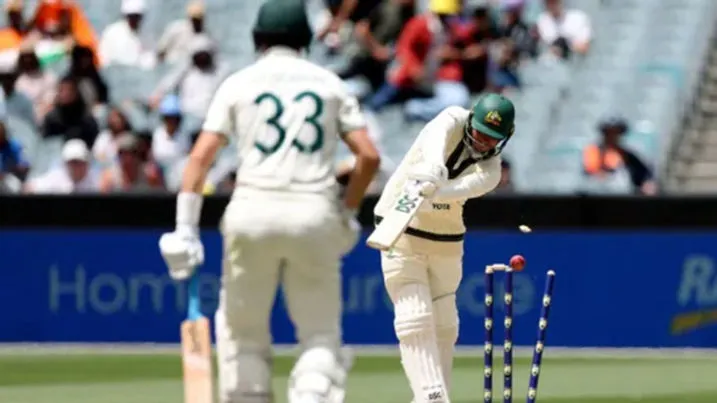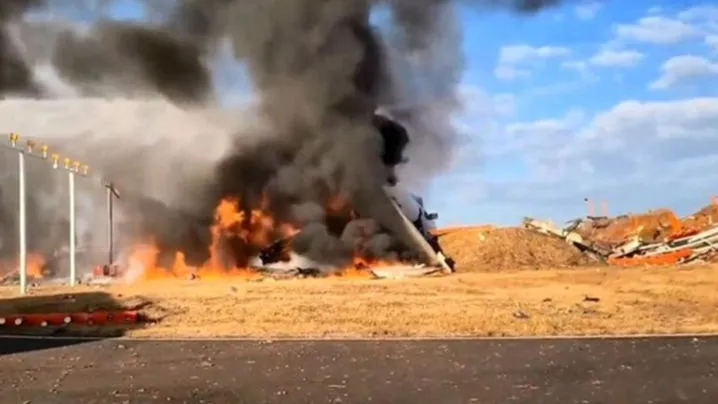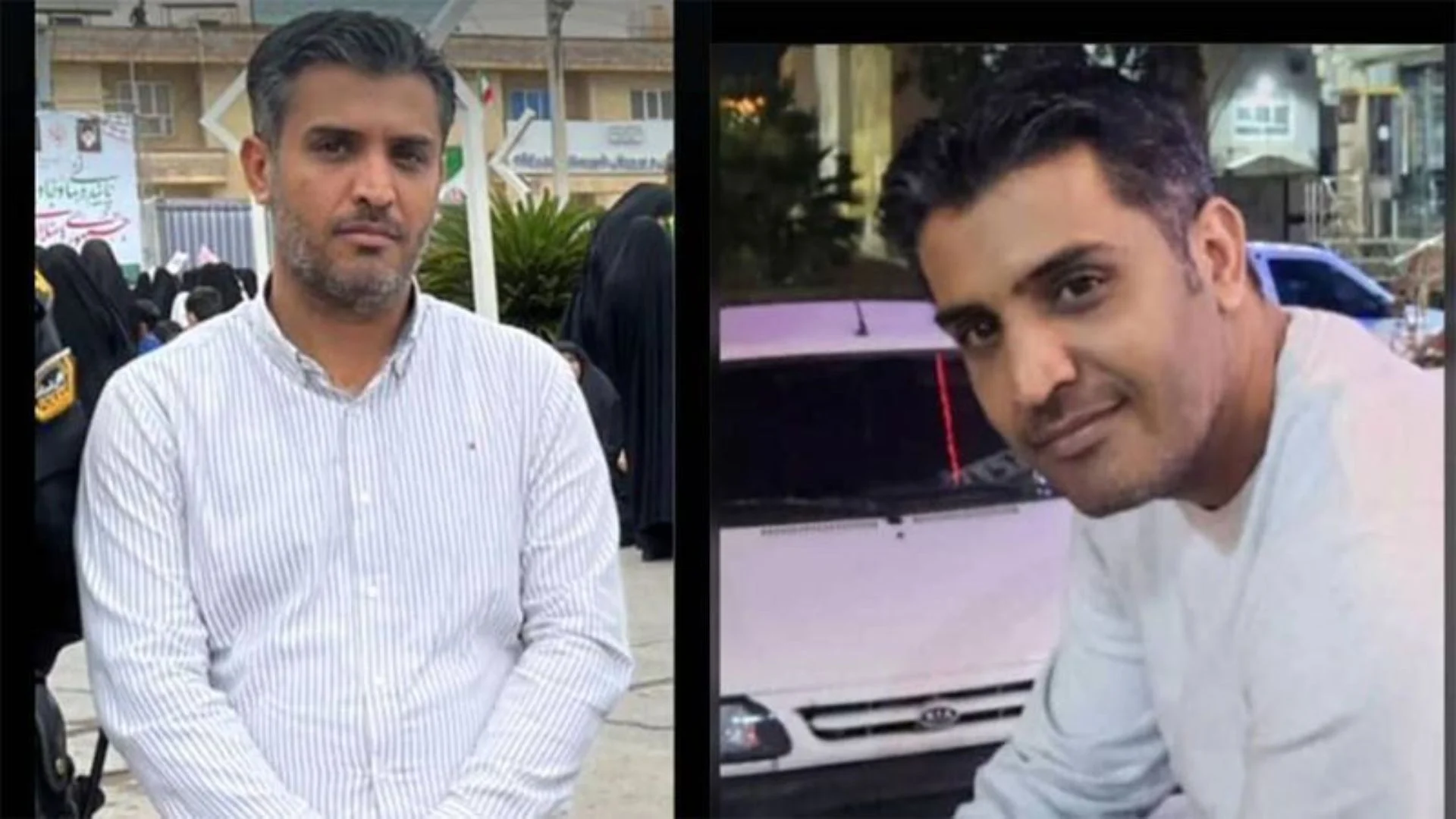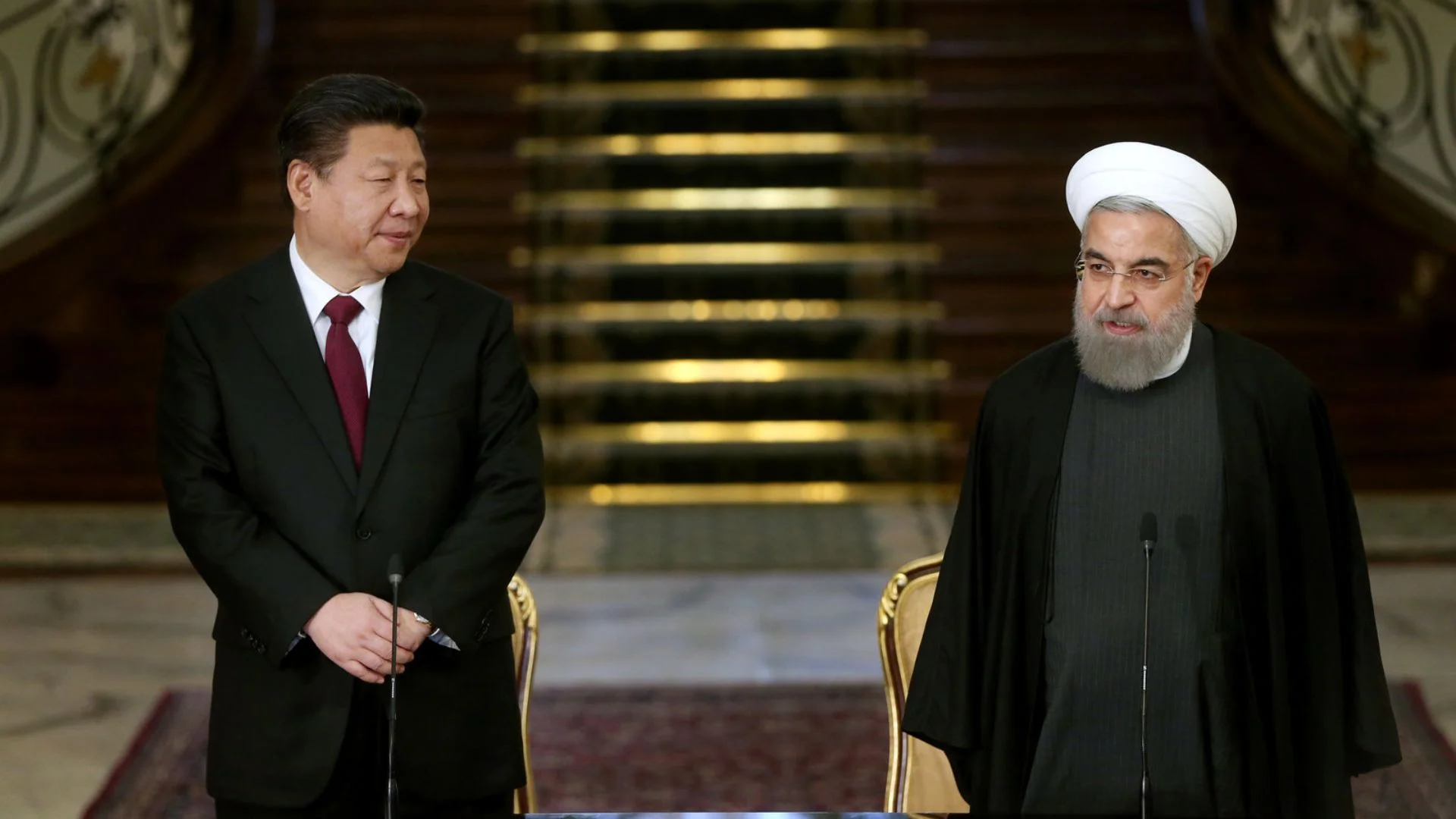With the Western countries including the US relentlessly prodding India to take their sides in the Ukraine war, External Affairs Minister (EAM) S Jaishankar’s observations in the Parliament on Wednesday came as a strong, candid, clear, and blunt message to these nations. While replying to the discussion on the situation in Ukraine, Jaishankar said in Lok Sabha, “India is strongly against the conflict, and if it has chosen a side it is a side of peace, and for an immediate end to violence. This is our principled stand and has consistently guided our position in international forums and debates, including in the UN.” Jaishankar, in effect, sought the attention of the Western powers to where India is standing amid the Ukraine conflict. It is not any other side, except the “side of peace” where India is standing. That’s exactly what guided India whenever it abstained from voting on the resolutions seeking condemnation of Russia at the United Nations. But the Western nations misinterpret India staying away from voting as a sign of New Delhi’s tilt towards Moscow.
What is more significant is that the EAM’s remarks, countering the West’s criticism about what it called India’s ‘unclear or neutral’ position on the Ukraine situation, came at a time when the US government has now resorted to threats, warning India of consequences should New Delhi align itself with Moscow. The US had told India that the consequences of a “more explicit strategic alignment” with Moscow would be “significant and long-term,”. With this in view, the EAM succeeded in sending the message across that India is fulfilling its responsibilities as a non-aligned democracy whose foreign and strategic policies are absolutely independent of any kind of coercion, pressure, and influence.
What Jaishankar said in Lok Sabha on the Ukraine situation was also aimed at countering the West’s propaganda that India’s ‘hazy’ stance on Ukraine shows its leaning towards Russia. What the EAM suggested was that India’s key concern is about human suffering resulting from this situation. In this context, the EAM reminded the global community that New Delhi “unequivocally condemned” the civilian killings in the Ukrainian city of Bucha at the United Nations Security Council (UNSC).
There is no question of leaning towards anyone, what India is doing is it is behaving as a responsible democracy that is taking care of every aspect of the humanitarian crisis resulting from the violence no matter who is behind it. India’s support for the call for an independent investigation into the deaths at Bucha should be seen in the context of Jaishankar’s attempt to send the message across that New Delhi is not siding with anyone in this whole development. India’s stand is that those responsible for such ‘genocide’ should be held accountable and should be punished.
From the floor of the Lok Sabha, the EAM also sought to drive his message home that unlike the USA and the other Western countries, what India was interested in was to see the end to human suffering in the ‘violence-hit’ Ukraine. Adding fuel to fire or complicating matters further is not what India wants to do. This is what Jaishankar sought to underline when he pointed out, “We are strongly against the conflict, we believe that no solution can be arrived at by shedding blood and at the cost of innocent lives. In this day and age, dialogue and diplomacy are the right answers to any disputes.”
What the world community, particularly the West, should keep in mind is that “the contemporary global order has been built on the UN Charter, on respect for international law and for the sovereignty and territorial integrity of all states.” These observations can also be seen as a substantial and direct message to all the Western countries and also to Russia that they should revisit the UN Charter as well as the international law pertaining to sovereignty and territorial integrity of all states. India respects international law and wants others to follow the suit at the same time.
When Jaishankar, stressing the need for reducing India’s dependency on foreign countries, pitched for further push to Aatma Nirbharta (self-reliance), he again gave a message to the global community. It was not only for Russia, but it was for China, the US and other countries as well. Even as the US recently reiterated its willingness to support India “as another option for energy imports to counter ties with Russia”, Jaishankar’s stress on giving fresh impetus to efforts to achieve self-reliance in all fields said it all. While recently dwelling upon the importance of the Atmanirbhar Bharat campaign amid the Ukraine crisis, Prime Minister Narendra Modi has already conveyed a message that India will reduce dependency on all foreign countries, with Washington being no exception.

